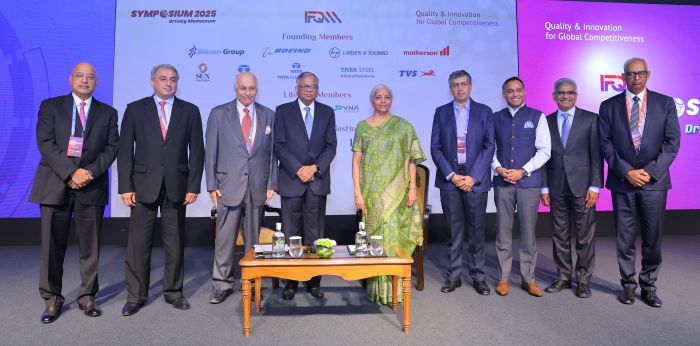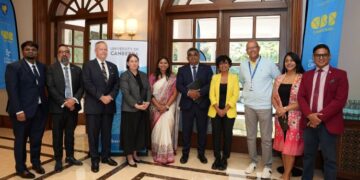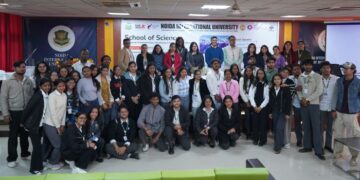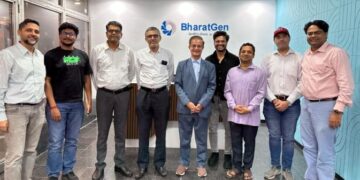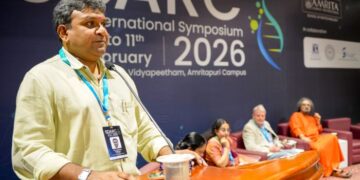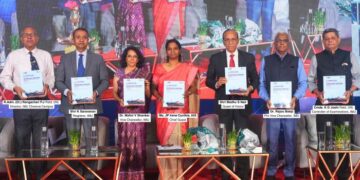At the second annual Indian Foundation for Quality Management (IFQM) Symposium, held in New Delhi on September 18–19, the central theme “Quality & Innovation to Make India Globally Competitive” set the stage for high-level deliberations. Addressing the gathering, Nirmala Sitharaman, Minister of Finance and Corporate Affairs, called for a more participative and continuous dialogue between the government and industry.
She emphasized, “If the government has been moving in the direction that industry wanted, there should be no hesitation to invest, expand capacity, and produce more.” Inviting industry to engage with government on an ongoing basis, she urged leaders to clearly articulate the reforms they seek. She further stressed the importance of industry–government partnership in addressing human resource gaps, equipping youth with digital-age skills, and preparing them for emerging opportunities. The minister also commended IFQM’s role in fostering an ecosystem to nurture future-ready talent and integrate India’s products, services, and ideas into global value chains.
The symposium brought together government leaders, global experts, industry champions, and academia to discuss an action agenda for positioning India as a trusted, world-class player in global value chains. In his welcome address, N. Chandrasekaran, Chairman, Tata Sons, underscored the importance of Viksit Bharat and the industry’s responsibility to align with the Prime Minister’s vision.
Within just one year, IFQM has built strong momentum. It is now supported by over 16 experts in assessment, counselling, and solutioning, and has engaged with large companies to co-create and sustain transformation journeys. It will soon launch a comprehensive suite of 60+ experiential learning solutions based on action learning principles.
Digital tools tailored for MSMEs—with a focus on quality, productivity, and skills—have been developed, alongside robust industry–academia collaborations to build an industry-ready talent pipeline. IFQM has also facilitated the establishment of three MSME clusters, with four more in the pipeline, and aims to bring 100 MSME companies on board by the end of the fiscal year.
Further milestones include:
-
Quality Excellence Prize instituted by IFQM.
-
Three MOUs in progress.
-
Six case study projects completed.
-
Engagement with 12 institutes and 20 member companies.
-
Development of 26 curated learning solutions.
-
Ongoing support for MSMEs through handholding by 10 large companies.
Looking ahead, IFQM’s flagship Academy near Bangalore airport is set for inauguration in FY 2026–27. By 2026, IFQM aims to develop 100 cluster-based companies, with 20 already engaged and 30 more in the pipeline. Assessments for Quality Excellence Prize applicants are also being rolled out.
Standard operating practices such as Daily Work Management (DWM), Digital Drawing to Manufacturing (DDM), and Supply Chain Management (SCM) are being systematically adopted by MSMEs to raise quality benchmarks.
Experts at the event highlighted the power of integrating quality and innovation to drive excellence in manufacturing. They emphasized the “virtuous cycle” of productivity, competitiveness, and value creation—anchored in quality and safety in design, development, and operations—as a force multiplier for sustainable growth.


